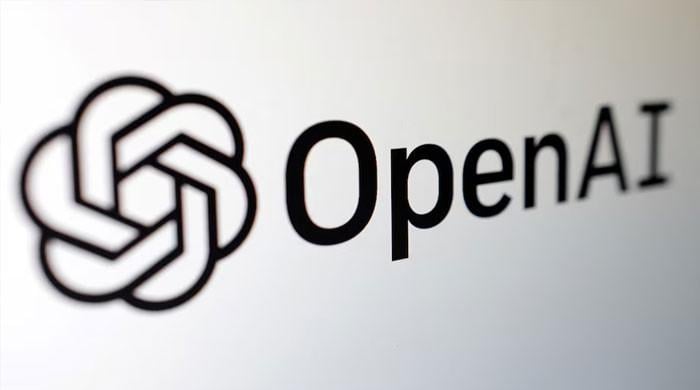New AI heart scan can predict future blockages long before symptoms
The AI model is trained on large datasets, including asymptomatic conditions, to improve accuracy
July 24, 2023

Fountain Life, a health technology company, has developed an artificial intelligence (AI) powered coronary artery scan that is capable of predicting heart attack risks years before symptoms appear.
The outpatient procedure involves injecting dye into the vein and conducting a quick CAT scan of the heart.
The AI technology analyzes the scan results, detecting the amount and type of plaque present, and providing insights into heart health.
The scan offers a non-invasive alternative to traditional procedures and has the potential to help people reverse heart disease. Fountain Life plans to make its AI health services more widely available in partnership with physicians.
The company's goal is to shift healthcare from reactive to proactive, focusing on early detection and prevention of chronic diseases. The AI model is trained on large datasets, including asymptomatic conditions, to improve accuracy.
In addition to the heart scan, Fountain Life also offers a full-body MRI that uses AI technology to detect various abnormalities, including cancer and neurogenerative diseases.
Cardiologists recognise the potential of AI in early detection and treatment decision-making.
Patients who have undergone the AI coronary artery scan have expressed gratitude for the life-saving potential of the technology.
Fountain Life aims to complement the work of cardiologists, using AI as a tool to enhance their capabilities.
The adoption of AI in healthcare may face challenges due to the clinical latency gap and payment models, but the company believes in the potential to improve outcomes by addressing health problems at their root causes.
The risk of the AI artery scan is minimal, involving only low-dose radiation equivalent to a transatlantic flight.
Fountain Life intends to lower costs and improve outcomes, allowing people to live long, healthy lives by detecting problems early and reversing them at a low cost.











